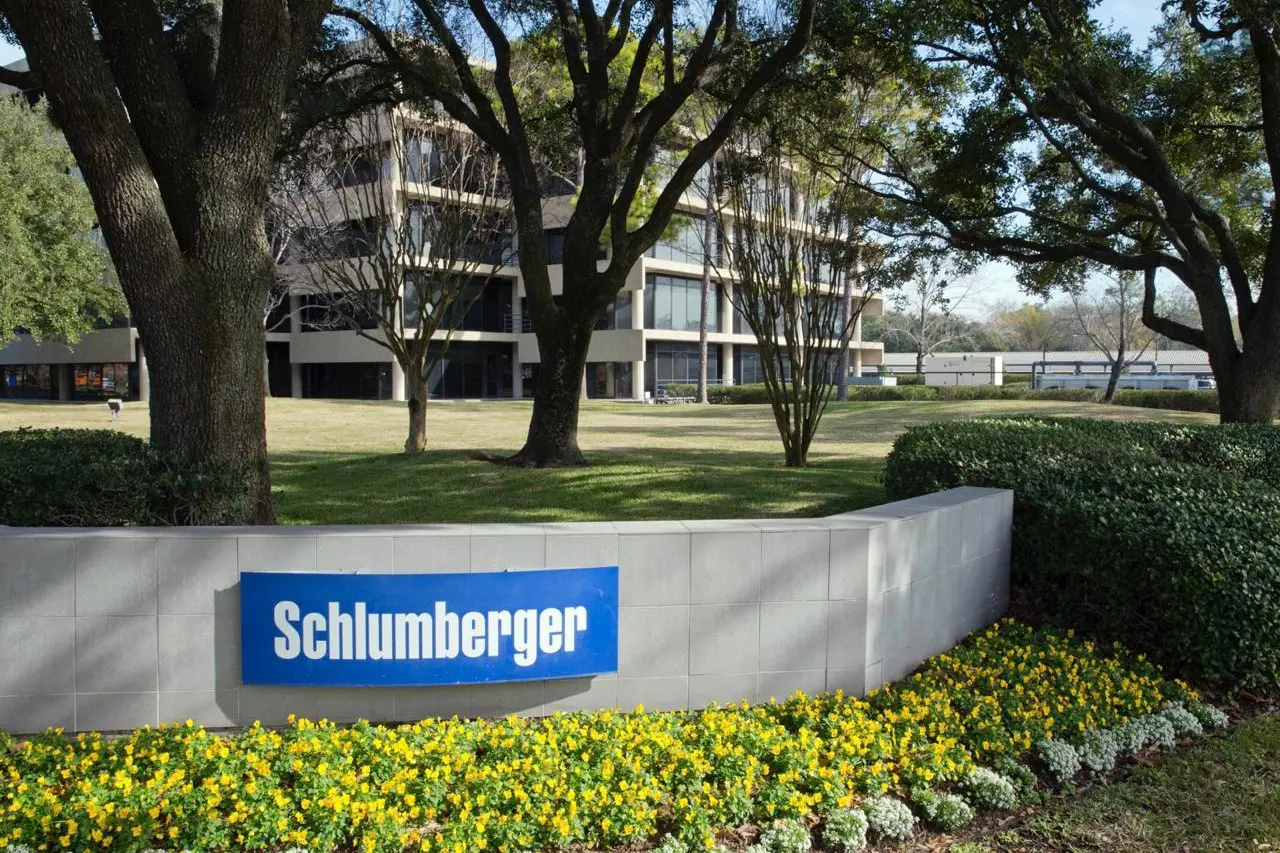PHOTO
DALLAS - Schlumberger has sent a new message about the role of dividends: Cutting them is the new shareholder-value trade. The oil-services company’s stock surged as much as 8% in early trading on Friday after it cut its payout by 75%. Granted, the optimism is because the move shores up the balance sheet. It’s smart for the likes of Schlumberger that are at the epicenter of troubles brought on by the global pandemic. And is one executives in other industries would do well to follow.
Schlumberger and Halliburton are the literal picks and shovels of the oil business, providing companies like Exxon Mobil and Chevron with the tools they need to pull black gold out of the ground. So they suffer quickly when those drillers rapidly reduce capital expenditure, as they’re now doing.
That’s partly why the company run by Olivier Le Peuch took an $8.5 billion asset write-down in the first three months of the year, prompting an overall $7.4 billion loss. He said the second quarter is “likely to be the most uncertain and disruptive quarter that the industry has ever seen.”
Of course, it’s not just the demand drought wrought by the coronavirus pandemic that has knocked the oil business off its feet. It’s also having to deal with a supply glut thanks to the Russia-Saudi Arabia oil-price war that is only now being brought under some semblance of control.
But response to the double whammy from other corners of the oil industry has not been as prudent. Exxon, like Schlumberger, has borrowed more money in the bond markets recently, but has not mentioned cutting its dividend. Chevron boss Mike Wirth, meanwhile, said on CNBC at the end of March that maintaining its payout was a top priority.
Such received wisdom now looks out of place. But they’re not alone. Companies from General Motors to JPMorgan are determined to leave their dividends untouched, regarding it as a sign of strength – and one of weakness if they cut it. Schlumberger has shown that there’s virtue in deciding dividends are no longer sacrosanct.
CONTEXT NEWS
- Schlumberger wrote down its assets by $8.5 billion and slashed its dividend 75%, the oil-services company said on Friday, as its clients cut capital expenditures and West Texas Intermediate prices stay below $20 a barrel.
- As a result, the company reported a first-quarter net loss of $7.4 billion, or $5.32 per share, compared with a profit of $421 million, or 30 cents per share, a year earlier. The company’s revenue fell 9% to $7.5 billion.
- Excluding some items, the company earned 25 cents per share, slightly higher than Wall Street’s mean estimate of 24 cents, according to Refinitiv data.
- Schlumberger’s shares rose as much as 8% in early trading in New York.
(Editing by Antony Currie and Amanda Gomez)
© Reuters News 2020




















